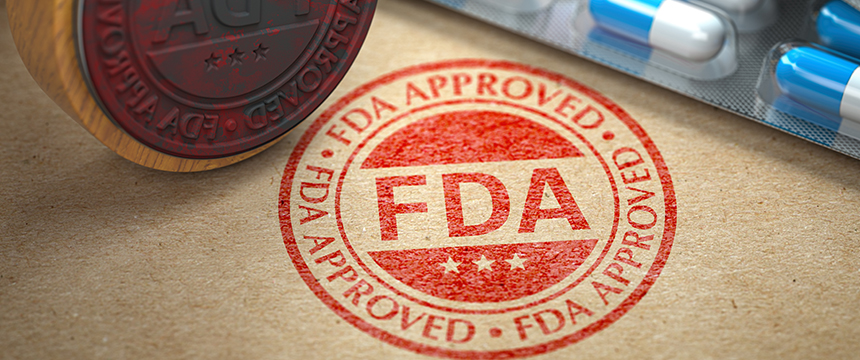
The long-anticipated results of a recent clinical study demonstrate the potential therapeutic benefits of psychedelic substances. The results of the confirmatory phase 3 study to test the efficacy and safety of 3,4-methylenedioxymethamphetamine-assisted therapy (MDMA-AT) for the treatment of patients with severe post-traumatic stress disorder (PTSD) were published on September 14 in Nature Medicine. The study concluded that MDMA-AT, which combines the use of MDMA with traditional talk therapy, is a safe and effective treatment for PTSD.
Of the 94 participants who completed the study, 86.5% who received MDMA-AT had clinically meaningful improvements after 18 weeks, versus 69% of participants in the placebo with talk therapy group. By the end of the study, 71.2% of participants in the MDMA-AT group no longer met the DSM-5 criteria for PTSD, versus 46.2% of participants in the placebo group. In addition, almost half of the participants in the MDMA-AT group (46.2%) met remission criteria, versus 21.4% of participants in the placebo group. The study also reported an impact on participants’ suicidal ideation: more than 80% of participants had a lifetime history of suicidal ideation, but during the final preparation session of the study, 24.5% of participants in the MDMA-AT group reported suicidal ideation.
MDMA is a psychedelic drug currently classified as a Schedule I controlled substance under the federal Controlled Substances Act, meaning it has the highest potential for abuse, no currently accepted medical use in treatment in the United States, and a lack of accepted safety for use under medical supervision.
Despite its current classification, these positive results could mean that MDMA is one step closer to potentially obtaining U.S. Food & Drug Administration (FDA) approval. To date, no psychedelic-assisted therapy has been approved by the FDA or any other regulatory authority in the United States. FDA approval for MDMA-AT would be monumental, as based on these clinical study findings it might provide access to potentially life-altering treatment for certain individuals suffering from PTSD.
The sponsor of the study, Multidisciplinary Association for Psychedelic Studies (MAPS), is compiling data from 18 MAPS-sponsored Phase 2 and Phase 3 studies to support a New Drug Application, which it expects to be filed with the FDA later this year. MAPS is hopeful that MDMA-AT for PTSD would be approved by the FDA in 2024. In anticipation of this potential approval, the American Medical Association published language for new current procedural termination (CPT) III codes for psychedelic-assisted therapies (0820T and modifiers 0821 and 0822). The codes are expected to go into effect on January 1, 2024. Once effective, these codes will assist qualified health care professionals to seek coverage and reimbursement for rendering psychedelic-assisted therapy (if approved by the FDA).
Foley is continuing to monitor progress in this area and will provide relevant updates as they are available.
Foley is here to help you address the short and long-term impacts in the wake of regulatory changes. We have the resources to help you navigate these and other important legal considerations related to business operations and industry-specific issues. Please reach out to the authors, your Foley relationship partner, or to our Health Care Practice Group with any questions.
